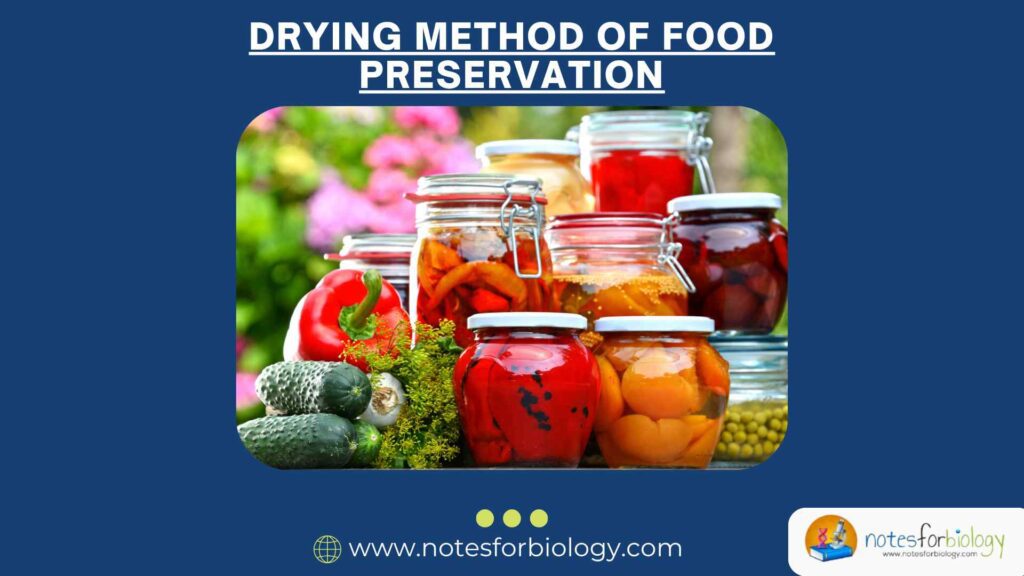Drying Method of Food Preservation
Introduction Food is a fundamental necessity of life, and preserving it for long-term use has been one of humanity’s oldest and most practical skills. One of the simplest and most ancient methods of food preservation is drying. From sun-dried fruits in ancient civilizations to modern freeze-dried meals for astronauts, drying plays a vital role in […]










